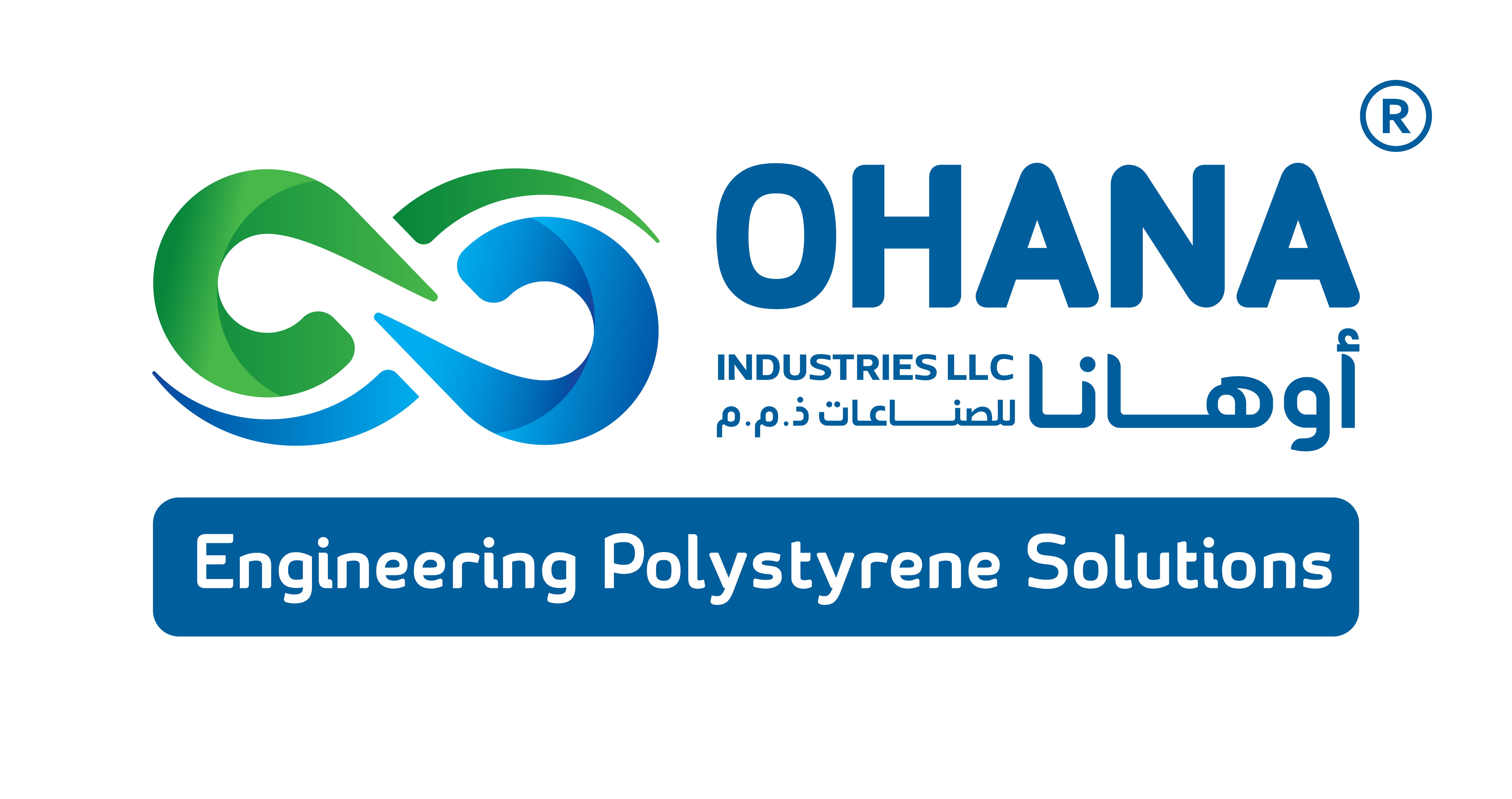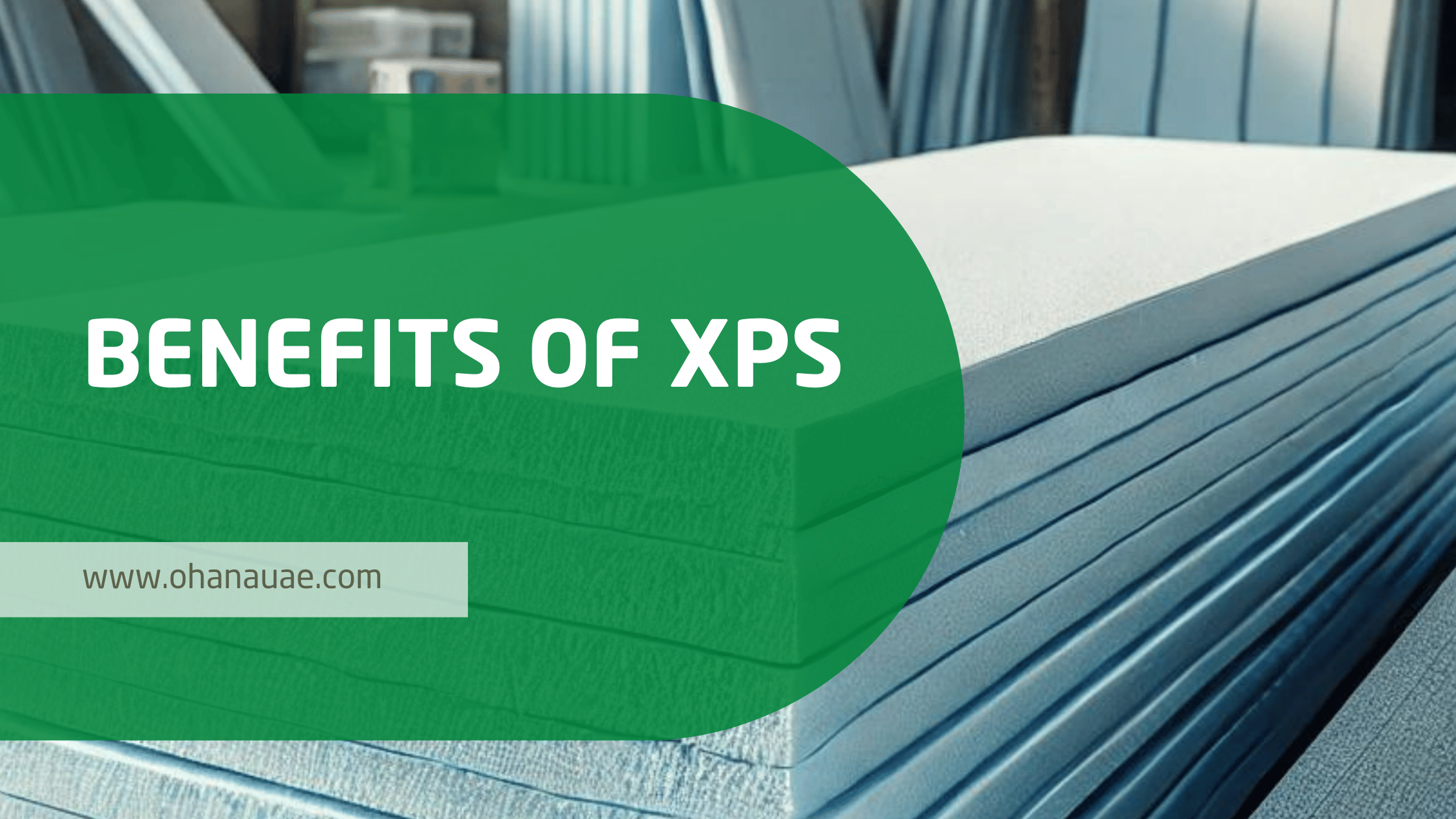Polystyrene is made from benzene and ethylene-derived styrene to form a synthetic aromatic polymer. Polystyrene is colourless, transparent, and can be a foam or solid. Polystyrene foam is 95-98% air and it is an excellent thermal insulator.
There are two forms of polystyrene that you can buy. They are,
Extruded polystyrene starts life as molten polystyrene that is then pressed into sheets. Extruded polystyrene is mostly used as foam board insulation. It has a closed cell structure and it has a higher mechanical performance that makes it strong.
It is energy efficient
Extruded polystyrene foam insulation has energy and air emission benefits. Greenhouse gas emissions emitted during the manufacture of the material is minuscule compared to the amount of energy it takes to heat or cool a building without extruded polystyrene insulation.
If properly installed, extruded polystyrene insulation can improve the energy efficiency of a building drastically. It provides a complete layer of protection against energy loss. It is also a great option for protecting your building from moisture damage because of its excellent vapour retardant properties.
Wood studs and other frame members are usually uninsulated. Since residential buildings have wood framing in 25 per cent of the total wall area, a major portion of the wall remains uninsulated. In cases like this, extruded polystyrene sheaths can provide complete insulation to the whole wall. Besides its excellent thermal insulating properties, extruded polystyrene foam sheathing, if properly installed and taped, can also minimize air leakage through walls. It, once again, improves energy efficiency and keeps you comfortable inside the building.
It is long-lasting
Sustainable building products must be able to perform properly for the whole of their lifetime. Also, there should be no decrease in physical performance. The long-term insulation performance of a building is also taken into consideration when designing the building’s HVAC and heating systems.
Extruded polystyrene fits the requirements perfectly. It assists with moisture management, resists water absorption, and is not affected by the freeze-thaw cycle. On the other hand, traditional insulation will absorb water and lose its thermal performance over time.
Since extruded polystyrene insulation is usually used in buildings that have a lifespan of 15 to 50 years, its effect on the environment is minimal. Also, the material doesn’t require any maintenance or replacement, unlike traditional materials.
Even when a building with extruded polystyrene insulation is torn down, almost all of the insulation can be recycled. This is not the case with traditional insulation materials.
It is better for the planet
Firstly, extruded polystyrene insulation helps reduce the electricity consumption of a building by lowering energy loss. As a result, it reduces the amount of greenhouse gases emitted by a building over the years. It achieves all of this without compromising the quality of living within the building. The more the number of buildings that use extruded polystyrene insulation, the lower the greenhouse gas emission.
Being a thermoplastic, manufacturers can melt and reuse extruded polystyrene foam insulation. Thus, manufacturers of the material do not produce any scrap or waste at all. Almost 100% of the material produced is recovered, processed and recycled for production. Some companies specialize in sourcing scrap polystyrene resin to use too.
It is easy to install and handle
Extruded polystyrene insulation is versatile and easy to install on walls and roofs of both residential and commercial buildings. As a result of its lightweight nature, it is easy to transport and handle too. A contractor can install the insulation with fasteners and foam-safe adhesive. It does not require any specialized tools, skills or applicators.
You can also customize the material to suit your requirements as it can be cut into various shapes. Removing the extruded polystyrene insulation from buildings during disassembly or demolition is easy too.
It is durable
Extruded polystyrene insulation is durable due to its closed-cell construction. It does not transmit heat or water vapour. Its thermal conductivity is unaffected even when exposed to moisture, making it ideal for walls underground and terraces.
It remains unaffected by extreme temperature shifts and requires little to no maintenance. Because of these properties, it can be used in parking lots, cold-storage facilities and green roofs where temperature changes are quite regular.
Extruded polystyrene insulation has a heap of benefits that you should consider before making a call on the kind of insulation you use in your building. Make sure you weigh the pros and cons of the material clearly and pick what’s best for you. Contact us if you’re having a hard time figuring that out.

